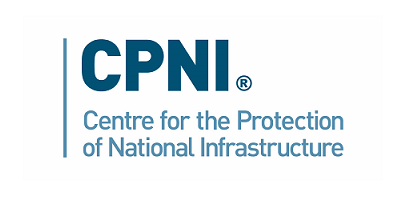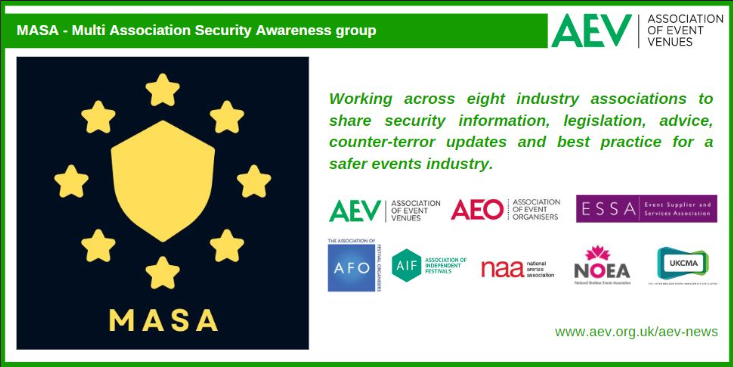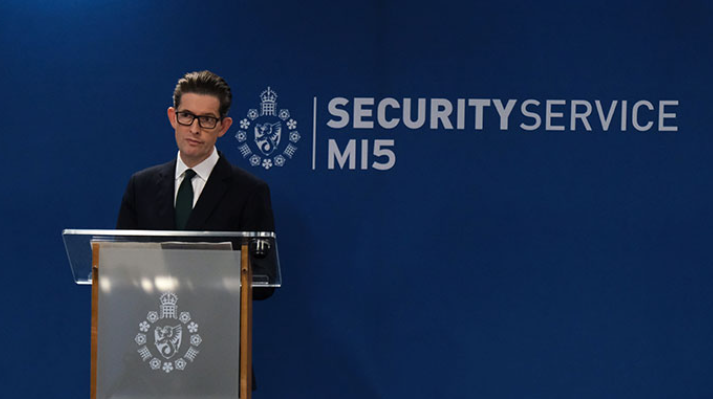Since March 2017, security services and law enforcement have together disrupted 43 late-stage plots and there have been 15 domestic terror attacks. These terrorist attacks have sadly demonstrated that the public may be targeted at a broad range of locations.
The Manchester Arena Inquiry and London Bridge Inquests called for the introduction of legislation and guidance to protect the public. The Terrorism (Protection of Premises) Act 2025 forms part of the Government’s wider counter-terrorism strategy, CONTEST.
What does the Act do?
The Terrorism (Protection of Premises) Act 2025 commonly referred to as Martyn’s Law, is intended to improve protective security and organisational preparedness across the UK.
The new Act requires certain premises and events to ensure steps have been taken to prepare for potential terrorist attacks and get ready to help keep people safe in the event of an attack. In addition, certain larger premises and events will be required to consider and, where appropriate, take steps to reduce their vulnerability to acts of terrorism.
Ensure consistency of approach and clarity of responsibility
Whilst some premises and events proactively consider the risk posed by acts of terrorism, there is no consistency across the UK. Historically counter-terrorism protective security and preparedness have often fallen behind other legally required activities, such as Health and Safety.
The Act places public protection on a legal footing like other regimes, to address such inconsistency, whilst making it clear who is responsible at qualifying premises and events, and what they are required to do.





 Being alert to suspicious behaviour and activity in and around your site, such as people loitering or displaying an unusual level of interest in asking questions, filming or photographing.
Being alert to suspicious behaviour and activity in and around your site, such as people loitering or displaying an unusual level of interest in asking questions, filming or photographing.




)
)
)
)
)
)
)
)
)
)
)
)
)
)
)
)
)
)
)
)
)
)
)
)
)
)
)
)
)
)
)
)
)
)
)
)
)
)
)
)
)
)
)
)
)
)
)
)
)
)
)
)
)

)
)
)